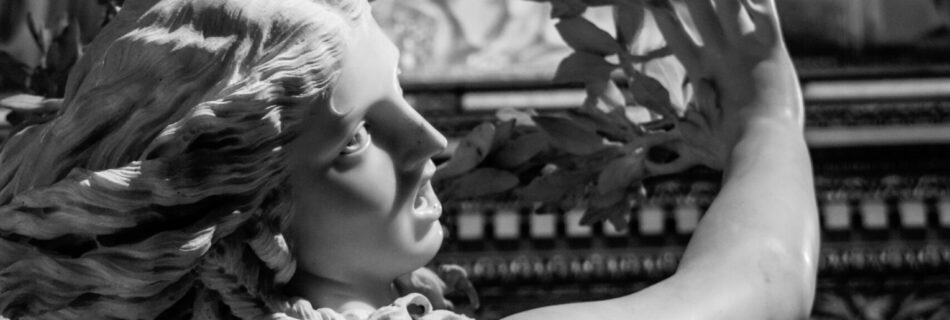Reification: The Vestigial Faculty of Objectification
“Reification is defined as the process of treating abstract concepts or statements as concrete entities, allowing for the assertion of additional facts about them, such as provenance and attributes.” – ScienceDirect In simpler words, reification is when we “make a ‘thing’” out of something that isn’t actually a thing. Take, for example, when a couple …
Read more “Reification: The Vestigial Faculty of Objectification”











